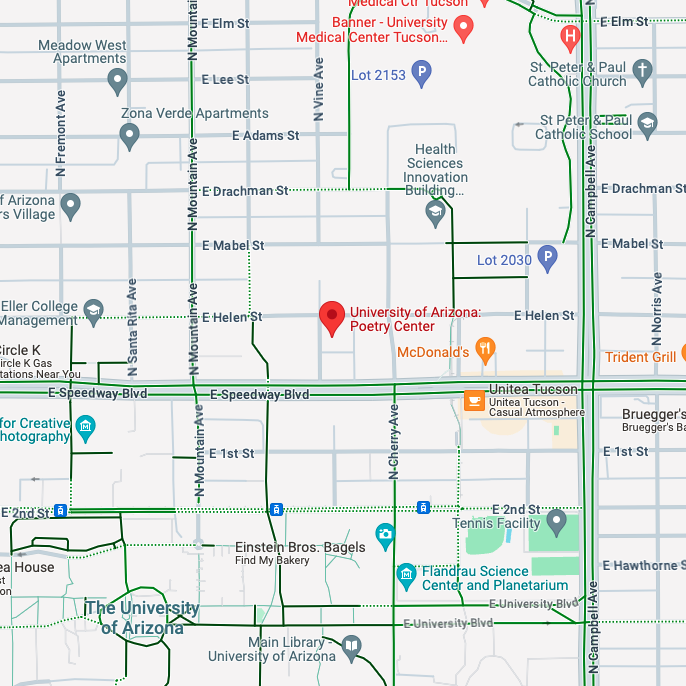Food is essential for living. What and how much food is consumed impacts both quality and longevity of life. For some people, knowing where and how the source of their food was raised and harvested impacts that person’s ethical and moral beliefs. On the other hand, food manufacturers are economically motivated to entice consumers to select their product over that of a competitor. How one food manufacturer labels their product becomes a primary deciding factor, often more so than cost, of what gets purchased and consumed.
Regulations and policies associated with the labeling of food are complex and heavily litigated. Generally, consumers are unaware of the the subtleties associated with the numerous required features on a product’s label. Food labeling is neither part of most school’s curriculum nor taught in adult education classes. This course will address the genesis of the statutory and regulatory oversight of food labeling, along with some of the present day challenges associated with consumer expectations (e.g., fanciful product names, gluten-free,” and “non-GMO“). Actual product labels will be reviewed and discussed. Participants will gain an understanding of labeling terms (e.g., misbranding and economic adulteration) and be able to identify labeling features that push the boundaries of what is truthful and not misleading.






